Table of Contents
Political Realism and Political Idealism:
Realism and Idealism are the main two competitors for recognition as a sound approach to the study of International Politics. The main exponents of Realism are Prof. Hans J. Morgenthau and George Kennan. There is a great controversy for recognition as an approach between realism and idealism. The controversy reached its peak after World War II. What is Realism and Idealism? This can be discussed as under-
Political Realism:
Realism is neither a Platonic doctrine of abstract ideas as Machiavelli’s doctrine of expediency nor Locke’s philosophic doctrine of empiricism. Realism is rather a set of ideas of power and security. As Prof. Herz in his book ‘Political Realism and Political Idealism’ states, these ideas flow from an individual’s belief that others are always trying to destroy him and hence he must be continuously ready to kill others in order to protect himself. The main supporters of realism are Hans Morgenthau and Kennan.
Realism is based upon three basic assumptions, one is that statemen desire to pursue their nation’s interests; secondly that the interest of every nation lies in the expansion of its influence economical, political and cultural, and thirdly, that the states use power in protection of and for promoting their national interest. It follows that realism regards the foreign policy of any state as solely dependent upon power, which may also be defined as influence. However, whosoever adopts this approach places great emphasis on national interest.
Prof. Morgenthau has explained and defended realism in a number of books, scores of essays and articles. The remarkable thing in his writings is that he always remained consistent in his approach.
The first principle of realism is that politics is governed by objective laws which are based on human nature and psychology. Society or political system cannot be improved without understanding these laws. Moreover, these laws cannot be surpassed as this will only lead to utter failure.
Realism also believes in the concept of national interest which Prof. Morgenthau defines in terms of power. It helps us a lot to understand the events of the political scene. As such we assume that all statemen always think and act only to fulfil their interest by achieving power. Thus Prof. Morgenthau believes that the defence of national interest is the essence of a foreign policy.
No doubt interest defined in terms of power is the key concept of political realism; its meaning cannot be determined or fixed for all times. Prof. Morgenthau believes that the environment plays the most significant role in shaping the interests that determine political action. Thus the concept of power according to Morgenthau must be adopted to the changing circumstances. Prof. Morgenthau holds that the present world is to be transformed into larger units of a distinct character. He further holds that this transformation will be achieved by the manipulation of the perennial forces which are already in existence.
Political realism suggests that universal moral principles cannot be applied to state’s actions in the abstract universal formulations but that they must be changed according to concrete circumstances of time and place. Realism believes that states are not expected to observe the same standards of morality as individuals. The individual may say for himself, “Let justice be done, even if the world perishes”, but the state has no right to say so. The individual may sacrifice himself in defence of moral principles but the state has no right to sacrifice its liberty for moral principles. Realism also holds that prudence is the supreme virtue in politics; without prudence, there cannot be any political morality”.
Political realism, according to Prof. Morgenthau, refuses to accept any sort of identification between the moral aspirations of a nation and the moral laws that govern the universe. Realism considers all nations as political actors pursuing their national interests defined in terms of power. The concept of interest, defined in terms of power, saves the nation from political folly and moral excess. It is so because all nations judge other nations as seeking their national interest. As such, all nations pursue their policies that respect the interest of other nations, while promoting and protecting their own interests.
Lastly, political realism stresses that the political sphere is just as autonomous as the respective spheres of the economist, or the lawyer or the moralist. It thinks in terms of interest defined as power, as the economist thinks in terms of utility; the lawyer, in terms of conformity of action with legal rules; the moralist in terms of conformity of action with moral principles. Political realism is very much conscious about the existence and relevance of non-political standards of thought but it puts all these standards in subordination to the standards of politics. As such it parts company with legalistic, moralistic and other schools of thought because they impose non-political standards of thought on the political sphere.
Political Idealism:
Having discussed the various aspects of political realism, we now come to discuss political idealism. Idealism is based on the general idea of evolutionary progress in society. This idea came up in the 18th century and was a source of inspiration behind the American and French Revolutions.
The idealist approach to the study of International Politics:
The idealists stress the importance of bringing about a better world with the help of education and international organization. Suggest three ways out of the problem of survival in a world of power politics. These can be discussed as under-
- That the moral states should follow moral principles in the international behaviour.
- Secondly, the idealists believe that the totalitarian forces should cease to exist as the struggle has been between democratic and totalitarian forces.
- Lastly, to abolish power politics through the instrument of world government.
Idealism believes in the power of Ideas- All idealists assert that the reality in this universe is not the matter but the ideas. The idea is more important than matter. There is a reality of ideas. Plato propounded the doctrine of ideas and gave special significance to it. Nothing in this world seems to be perfect, eternal and permanent; everything is constantly changing in this world. The idea is eternal, perfect, immutable and unchangeable. All matter reflects only the idea. Hegel, the German philosopher remarked that the world is nothing but the march of divine ideas on earth.
We have just seen the nature of realism and idealism. The differences between the two can be broken down as under:
- The value sought by realism is power whereas the value sought by idealism is morality.
- Political idealism proceeds with the assumption that the compatibility of interests is possible, but political realism has no faith in such possibility.
- Idealism is based upon philosophical principles whereas realism believes in the primacy of power politics.
- Idealism believes in abstract principles whereas realism is based on the real concept of power.
- Quincy Wright is of the view that realism aims at the fulfilment of immediate necessities while idealism looks to the future at the risk of the present.
- Idealism believes in the practice of international morality in international politics whereas realism has no faith in morality in international politics.
As such, there is a great controversy between realism and idealism. Quincy Wright holds that since the terms ‘realism’ and ‘idealism’ are full of ambiguity they can only be used to distinguish between short-run and long-run policies. According to Wright, realism would then represent short-run national policies that would aim at the fulfilment of immediate necessities and idealism would represent long-run policies that would aim at objectives to be realized in the future.
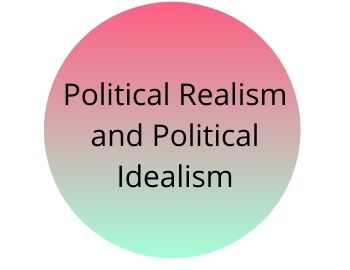
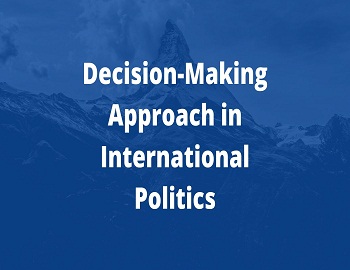

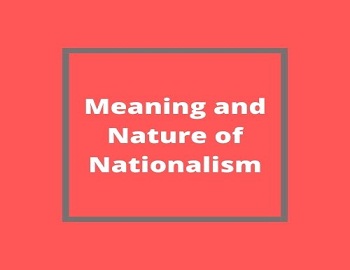
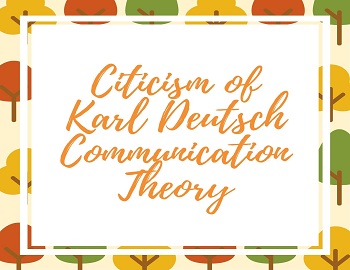

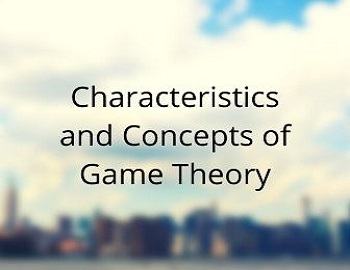

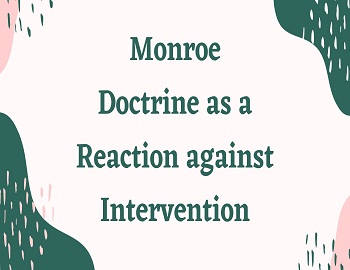
Comments (No)